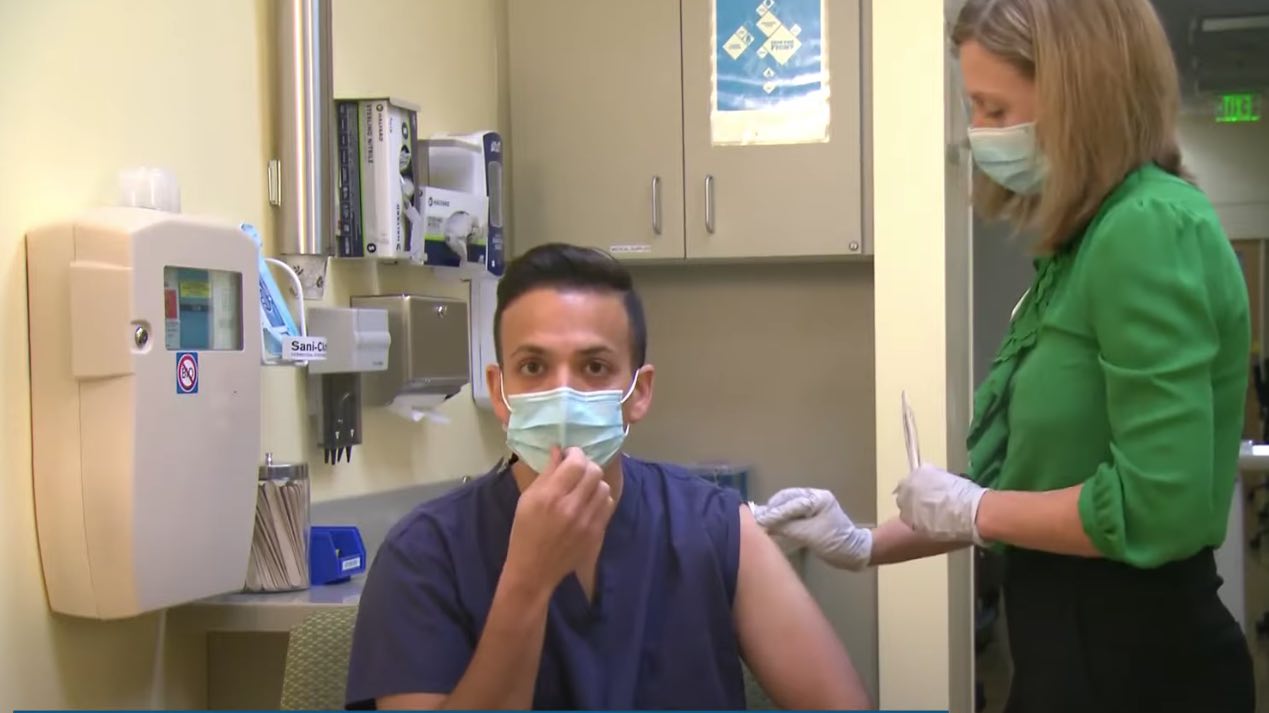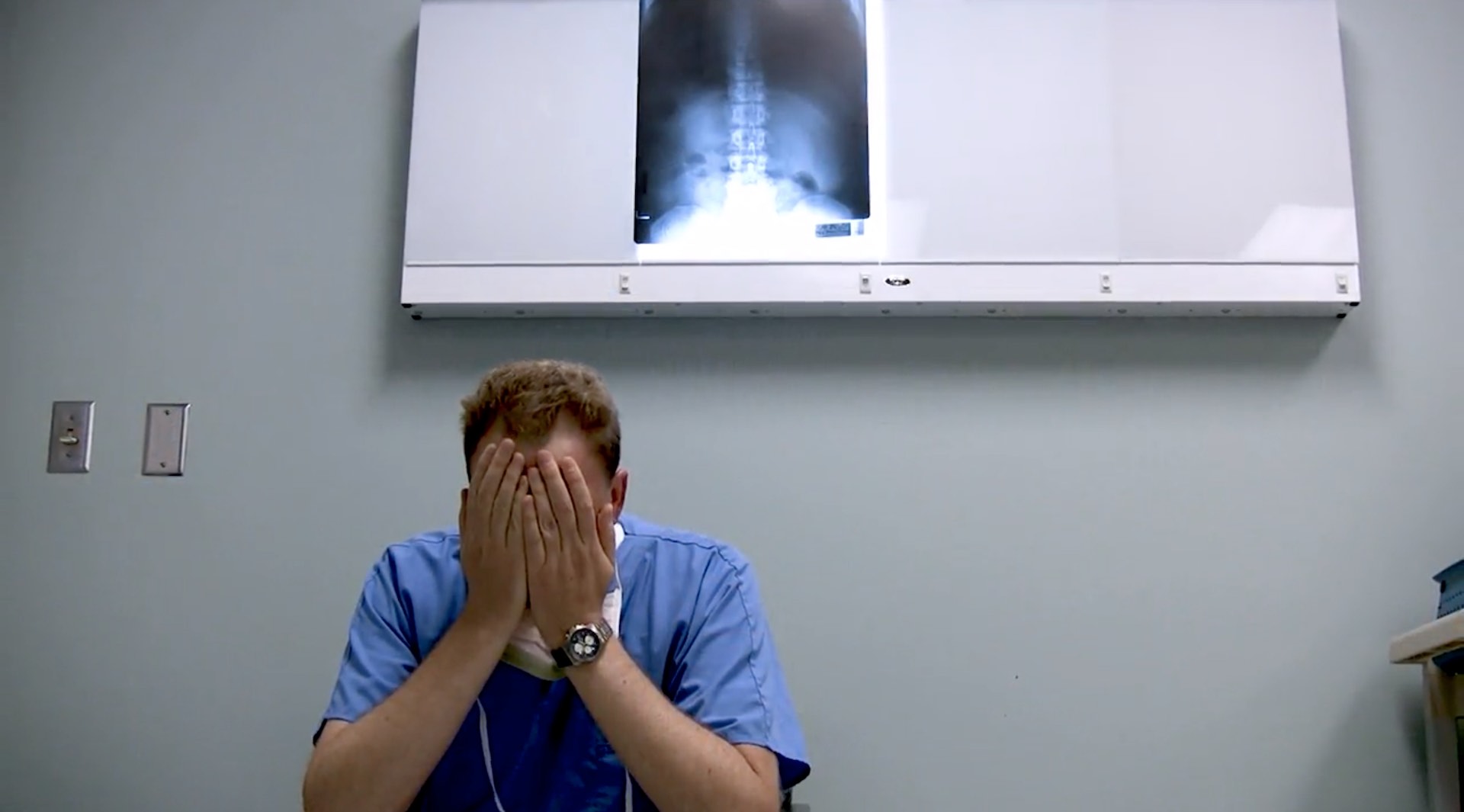NEW YORK (Reuters Health) – Adult survivors of childhood cancer, particularly those in poor physical health, are at increased risk for suicidal thoughts, according to an October 19 online report in the Journal of Clinical Oncology.
This study is “one more reminder that there are long term consequences of the treatment of childhood cancer,” Dr. Christopher J. Recklitis from the Dana-Farber Cancer Institute, Boston, said in a phone call to Reuters Health.
“Fortunately, most childhood cancer survivors do well in terms of their adjustment but there is a small proportion that are more likely to have some psychological adjustment problems,” he added.
Dr. Recklitis and colleagues analyzed physical and psychological function in 9126 adult survivors of childhood cancer and 2968 cancer-free siblings. The cancer survivors were younger than age 21 at diagnosis and were greater than 5 years from diagnosis. Most of the cancer survivors were more than 11 years from diagnosis.
Leukemia was the most common diagnosis (n = 2681), followed by Hodgkin’s disease (n = 1645), CNS cancer (n = 1136), bone cancer (n = 997), sarcoma (n = 881), non-Hodgkin’s lymphoma (n = 842), Wilms tumor (n = 584) and neuroblastoma (n = 360).
According to the authors, a significantly greater number of cancer survivors than siblings reported suicide ideation (7.8% vs 4.5%; OR, 1.79). Survivors of CNS cancers had the highest prevalence of suicidal thoughts (10.6%) and were significantly more likely to report suicidal thoughts than the leukemia survivors (OR, 1.5).
Suicide ideation was not associated with age at diagnosis, time since diagnosis, type of cancer therapy, recurrence or second malignancy.
There was, however, “a strong relationship with indicators of poor physical health,” Dr. Recklitis noted, with 28.8% of cancer survivors who rated their physical health as poor having suicidal thoughts compared to only 3.3% of survivors who rated their health as excellent.
Poor current physical health remained significantly associated with suicide ideation “even after adjusting for cancer diagnosis and depression,” the authors note in their report.
“A greater number of chronic conditions and pain were also closely tied to suicidal thoughts,” Dr. Recklitis said.
“The association of suicidal symptoms with physical health problems is important,” the researchers say, “because these may be treatable conditions for which survivors seek follow-up care and underscores the need for a multidisciplinary approach to survivor care.”
“Physicians treating childhood cancer survivors who have a lot of medical late-effects should probably be asking about psychological late-effects as well,” Dr. Recklitis said.
Reference:
J Clin Oncol 2009.






